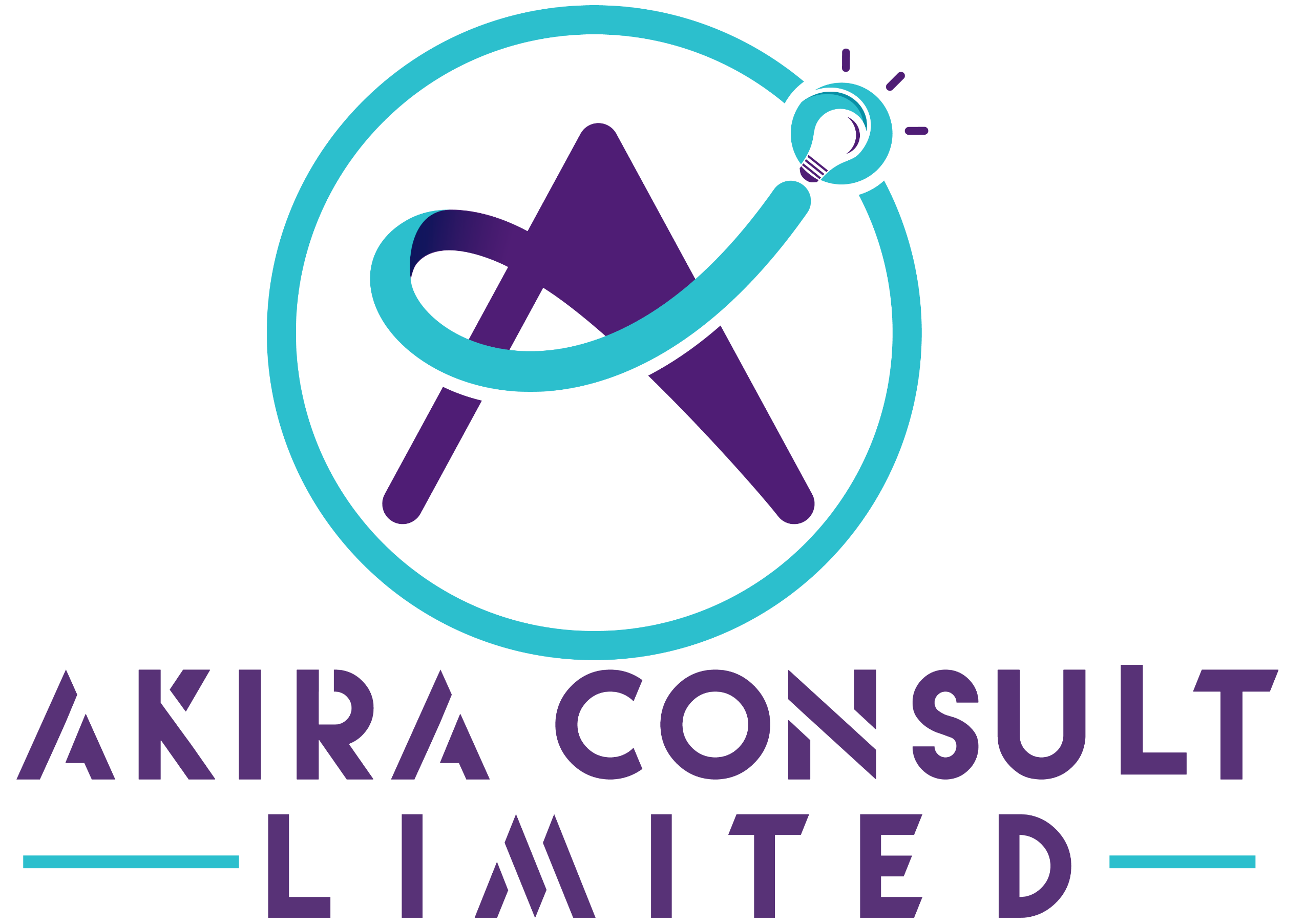Recently, at Akira Consult Limited, we found ourselves surprised when we confidently stated that the most crucial local corporate governance guidance was the Capital Markets Code of Corporate Governance Practices of Issuers of Securities to the Public 2015 (referred to as “The Code”). However, we were alerted of an article Business Daily Africa where it had been mentioned that the Code had been thrown out by the new CMA regulations
After reading the regulations ourselves (being lawyers), we discovered that the Code was not scrapped. In fact, the Regulations, like the previous regulations of 2002 under the Fifth Schedule on Continuing Obligations, have largely maintained the provisions of corporate governance under part 8 of the Continuing Obligations under the Thirteenth Schedule by the header ‘Corporate Governance’. The Regulations introduced in 2023 aim to promote good corporate governance by listed entities and issuers of securities.
Here are some key things that governance professionals should take note of under these regulations:
- Listed Companies are expected to comply with the Code and potential future forms, as well as apply specific guidelines as specified by the Capital Markets Authority- Kenya CMA.
- The Board can now set up committees that match the scale and complexity of the company’s activities, requiring governance professionals to provide tailored advice on board set up, composition and diversity.
- It’s recognized that having a ratio of 1/3 rather than just three members provides better independence in the Nomination and Audit Committees.
- The Chair is not specifically required to be independent, but the regulations stipulate that it should remain a non-executive position. We remain curious on this change as a look at the King IV code of South Africa, still recommends an independent Chair and goes on further to state that a retired CEO would need to wait 3 years to be recommended as an incoming independent chair.
- CFOs and Auditors are encouraged to be members of ICPAK (Institute of Certified Public Accountants of Kenya) and maintain good standing, promoting continuous professional development.
- The regulations now prescribe and guide on board rotation as a method for refreshing the board.
- Board composition should focus on non-executive directors and have at least 1/3 independent directors, with the independence lifespan shortened from 9 to 6 years. Surprisingly the Kings IV code still maintains the independence of a director not to exceed 9 years with the possibility of an extension after a review, based on the independence of mind of the director.
- The definition of a non-executive director has in the 2023 regulations been adjusted slightly to exclude executive directors or employees of related entities (and the definition of a related entity has been broadened) which may signal a few changes to some boards.
- Listed SME issuers are mandated to undergo the Directors Training Programme within 6 months of listing.
- The CMA is ready to consider exempting issuers in the SME market segment from certain corporate governance regulations using a case-by-case approach. This confirms one of the important roles of the CMA- to enable the deepening of the Capital Markets in Kenya.
We are pleased to see that the 2023 regulations align with the growth of the Capital Markets in Kenya. We remain dedicated to advocating for good corporate governance and look forward to guiding on these and other practices.
For further insights, visit www.akiraconsult.ke
